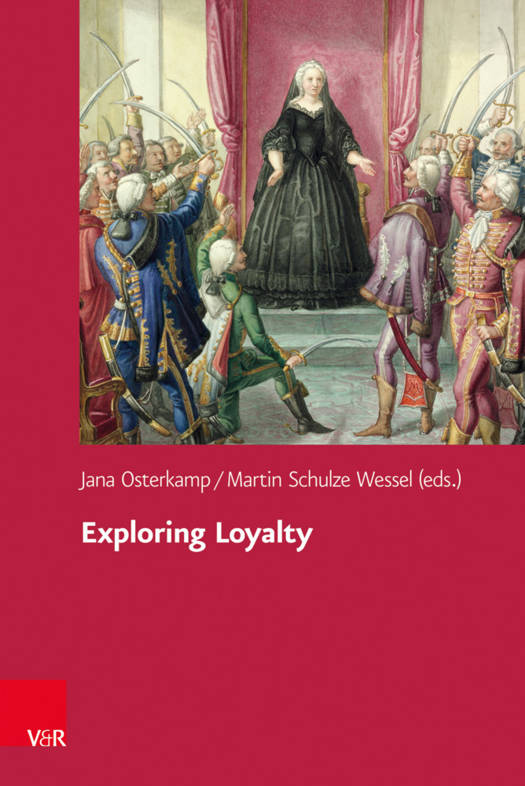
Bedankt voor het vertrouwen het afgelopen jaar! Om jou te bedanken bieden we GRATIS verzending (in België) aan op alles gedurende de hele maand januari.
- Afhalen na 1 uur in een winkel met voorraad
- In januari gratis thuislevering in België
- Ruim aanbod met 7 miljoen producten
Bedankt voor het vertrouwen het afgelopen jaar! Om jou te bedanken bieden we GRATIS verzending (in België) aan op alles gedurende de hele maand januari.
- Afhalen na 1 uur in een winkel met voorraad
- In januari gratis thuislevering in België
- Ruim aanbod met 7 miljoen producten
Zoeken
Exploring Loyalty
€ 103,45
+ 206 punten
Omschrijving
There is hardly any other concept that is more useful to understand the stability and transformation of political systems than loyalty. Loyalty provides a fresh perspective on political cultures of past and present as well as on political change. Although in the new history of emotions and political culture, loyalty is one perspective among many others such as trust, allegiance, solidarity, patriotism or identity, it stands out for a number of reasons. First, it addresses the multi-tiered, procedural and multi-polar character of societal and communal relationships. Second, and more importantly, it is sensitive to both, their horizontal and vertical settings. This volume endeavours to explore loyalties in the history of the East and Central European regions. Encompassing the 19th and 20th centuries and comparing the Russian and the Habsburg Empires on the one hand, and the interwar and socialist period that followed their collapse on the other, the authors focus on national, confessional, political, or military loyalties.
Specificaties
Betrokkenen
- Uitgeverij:
Inhoud
- Aantal bladzijden:
- 240
- Taal:
- Engels
- Reeks:
- Reeksnummer:
- nr. 136
Eigenschappen
- Productcode (EAN):
- 9783525373170
- Verschijningsdatum:
- 15/05/2017
- Uitvoering:
- Hardcover
- Formaat:
- Genaaid
- Afmetingen:
- 569 mm x 236 mm
- Gewicht:
- 539 g

Alleen bij Standaard Boekhandel
+ 206 punten op je klantenkaart van Standaard Boekhandel
Beoordelingen
We publiceren alleen reviews die voldoen aan de voorwaarden voor reviews. Bekijk onze voorwaarden voor reviews.








